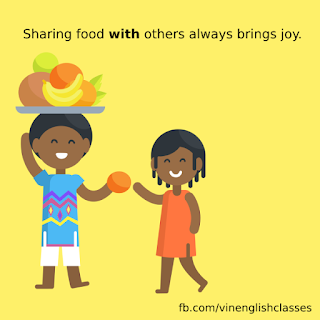This is a common mistake many people make. Some say, I am seeing a movie. Some people say, I am watching a movie. The difference between seeing and watching is very simple. When you are continuously seeing something for sometime, then you need to use 'watching'. The best example for this would be a watchman. Why do we call him a watchman and not a seeman?
The job of a watchman is to continuously see the activities that happen around him for a long time. This is why he is called a watchman. He watches the activities that happen around him to make sure the place is safe.
Another example is bird-watching. This is not called bird-seeing because people who watch birds are actually observing the characteristics of birds by continuously seeing them for sometime. Hence, it is called as birdwatching and the person who does this activity is called as a birdwatcher.
Let us understand better why 'watching a movie' has to be used instead of 'seeing a movie'.
A movie is something that happens for at least half an hour. That means you will be seeing the movie for a long time. Hence you need to say, I am watching a movie. So next time when you are in a movie theatre and if someone calls you and asks what you are doing, tell them, I am watching a movie.
Some scenarios where watching and seeing are used:
1) I am watching you.
I am sure you would have heard this dialogue in many movies. 'Watching you' means the person who said this will be keeping a close eye on you. It is like, the person will be noticing all your activities. It is sort of like an investigation.
2) You complain to the police about your neighbor saying the following.
I have been watching my neighbor for the past seven days. He has been doing a lot of suspicious activities.
Here also, you cannot use 'seeing' as you are continuously monitoring the behavior of your suspicious neighbor. Hence, 'watching' has to be used.
Now, it is time to test your understanding of this concept!
I am seeing/watching a rainbow. Which one has to be used?
You actually can use both. However, the meaning changes with each word. When you say, I am seeing a rainbow, it means, you are walking on the terrace and you suddenly see a rainbow and you are shouting in excitement saying, I am seeing a rainbow!!!!
Now, for 20 minutes you have been seeing the same rainbow. It means you are enjoying its beauty. You still are seeing the rainbow. Now, your mother downstairs yells at you, Son, what are you doing on the terrace?
Now, you need to say, Mom, I am WATCHING a rainbow.
Do post your feedback or questions in the comments box below.





